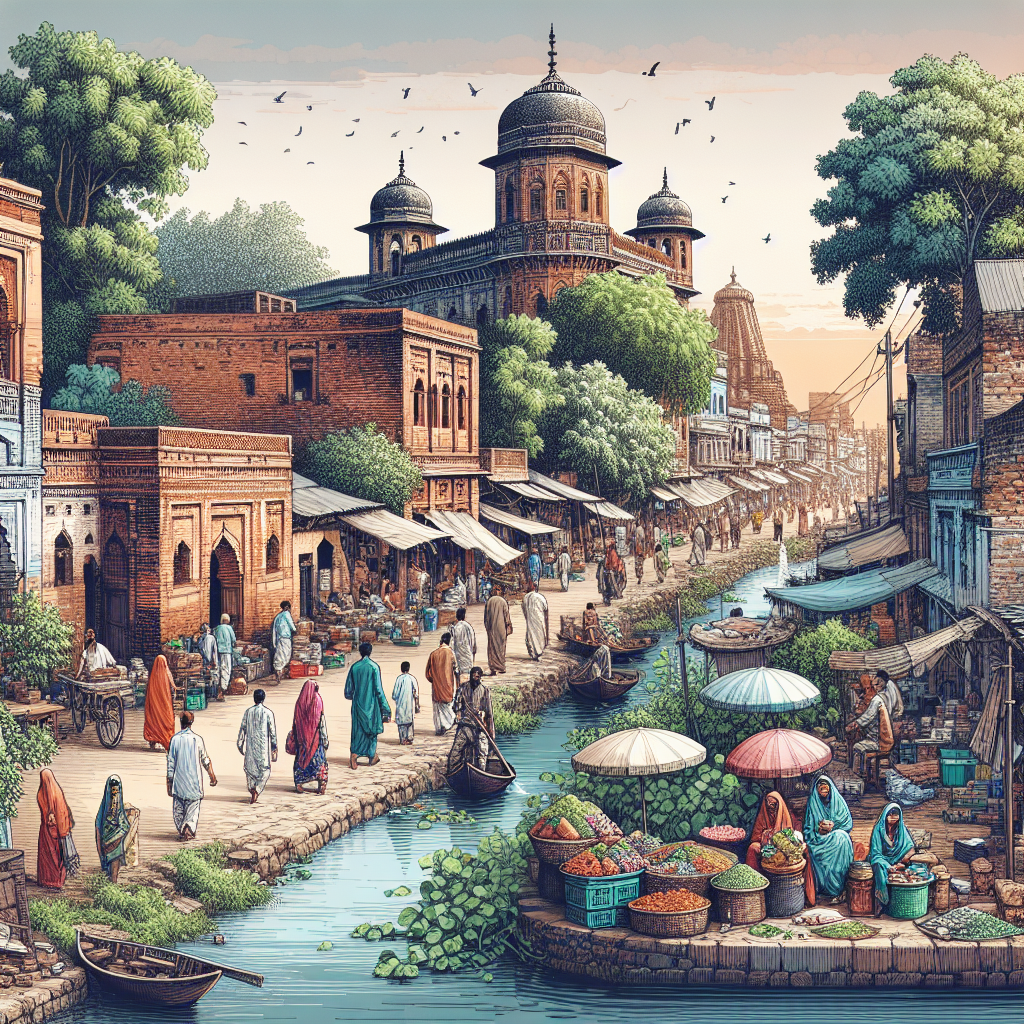Uncovering Vadnagar: A Hub of Ancient Coin Moulding and Shell Crafting
Excavations in Vadnagar, Gujarat, revealed coin moulds used for creating replicas of Indo-Greek coins, indicating the town's economic significance. The site also showcases a history of shell manufacturing and water conservation that sustained lengthy habitation, providing a unique perspective on ancient trade and technology.

- Country:
- India
Recent excavations in Vadnagar, a historical town in Gujarat, have unveiled terracotta moulds used for replicating coins of Indo-Greek ruler Apollodotus-II. This discovery highlights the ancient town's role in reproducing highly demanded coins through moulds from the 3rd to 5th century CE.
According to Dr Abhijit Ambekar from the Archaeological Survey of India, these findings emphasize Vadnagar's sustained prosperity and continuous human occupation over 2,500 years. The discovery suggests that locals adapted to reproducing the coins to meet international currency demands, despite the decline of the original die-struck coins.
Vadnagar, a major shell manufacturing center, also excelled in water conservation with its artificial water bodies sustaining the town through adverse conditions. This highlights Vadnagar's remarkable resilience and innovative strategies, setting it apart from other ancient settlements like Dholavira.
(With inputs from agencies.)
ALSO READ
Madhya Pradesh Concludes Ambitious Water Conservation Campaign
Jal Ganga Samvardhan Abhiyan: Inspiring Water Conservation Movement in Madhya Pradesh
Madhya Pradesh Bolsters Water Conservation with Jal Ganga Samvardhan Abhiyan
"More Village More Water": Chhattisgarh Govt. celebrates Water Conservation Week










